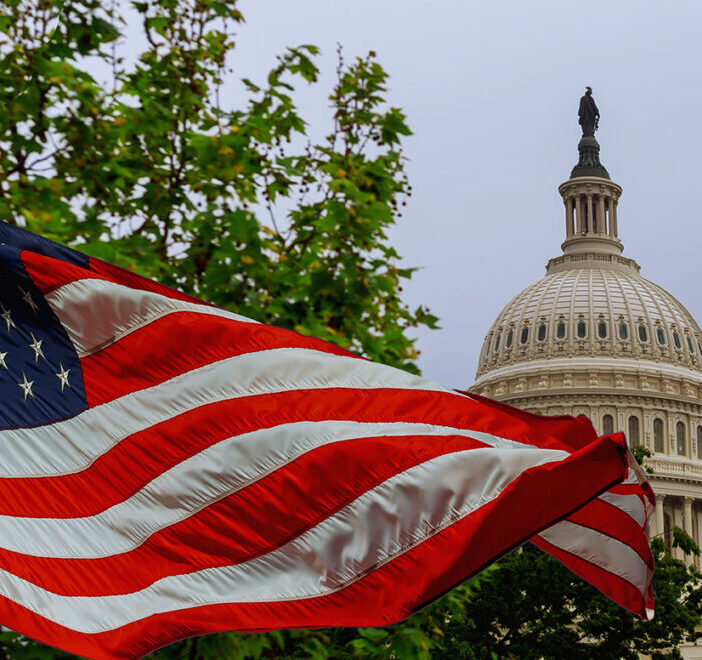As part of the Consolidated Appropriations Act, 2023 Congress would allow states to resume Medicaid disenrollments after the end of the first quarter 2023 (starting April 1, 2023). States have to submit their plans for how they will conduct the redeterminations by February 1, 2023. On January 5th, CMS released additional guidance to states with key dates related to the “unwinding” of the Medicaid continuous coverage provisions.
Congress enacted the Families First Coronavirus Response Act (FFCRA) in March of 2020. It included an enhanced federal matching percentage or “FMAP” of 6.2% for states that agreed to continuous coverage and maintenance of effort requirements. These requirements were all tied to the COVID-19 public health emergency. While the COVID-19 public health emergency remains in effect (it was extended for 90 days back in November), Congress delinked these Medicaid provisions from the public health emergency.
The continuous coverage provision ends March 30, 2023 – states can resume disenrollments at that time – regardless of the status of the PHE. CMS has issued guidance allowing states up to 14 months to resume routine eligibility and enrollment processes; states have 12 months to initiate renewals and 2 additional months to complete the process.
However, Congress built in some protections to try to make this transition smoother. The enhanced FMAP will wind down over the course of 2023 so that there won’t be a “fiscal cliff” for states – in other words, they won’t be in a situation where they are covering additional beneficiaries without funds to do so. The hope in continuing to provide additional FMAP is that states will take their time doing the renewals and limit inaccurate disenrollments for failure to receive information from participants. Prior to the passage of the omnibus, the extra FMAP dollars would have ended at the end of the quarter in which the PHE ends. Instead, the FMAP will wind down according to the following schedule:
- Jan 2023-March 30, 2023: 6.2% FMAP bump continues
- April 1, 2023 – June, 30, 2023: 5% FMAP
- July 1, 2023-Sept 2023: 2.5% FMAP
- Oct 2023-December 2023: 1.5% FMAP
States are required to conduct renewals in accordance with all federal requirements, including using the temporary Section 1902(e(14)(A) flexibilities to smooth out the unwinding and avoid procedural disenrollments or other processes and procedures approved by CMS. States must also meet specific data reporting requirements as part of the omnibus agreement. The new law would require states to report key monitoring data and require CMS to publish state-specific data on a timely basis. This would include the following data for each month beginning April 2023 and continuing through June 2024
- Number of eligibility renewals initiated
- Number of enrollees renewed on a total and ex parte basis
- Number of individuals whose coverage for medical assistance, child health assistance, or pregnancy-related assistance was terminated, and the number of individuals terminated for procedural reasons
- Number of children enrolled in separate CHIP programs
- Total call center volume, average wait times, and average abandonment rate for each call center
- Such other information related to eligibility determinations and renewals as identified by the Secretary
There’s a specific penalty for non-compliance of reporting requirements. Starting in July 2023 and continuing through June 2024, if a state does not report the required data, it will be penalized with a reduction in the state’s FMAP by .25 percentage points for each quarter in which the state fails to satisfy the reporting requirements up to a maximum of one percentage point. This is true regardless of whether the state continues to take the enhanced FMAP. The Secretary of HHS can require a corrective action plan if a state is found out of compliance with federal requirements related to redeterminations and/or the reporting requirements. In addition to the FMAP reduction, if a state fails to submit or implement a corrective action plan, the Secretary can order suspension for some or all terminations based on procedural reasons and may impose civil monetary penalties on states.
An Urban Institute report from Nov 17, 2022 found that 2/3 of adults who are covered by Medicaid or who have a Medicaid enrolled family member are unaware that Medicaid renewals will be starting in the future. It is critically important that we educate our residents, clients, families — let them know if they are a Medicaid beneficiary or the family member of one, they will need to renew between April 2023 and April 2024. They should begin by ensuring their contact information is up to date and accurate in the state’s eligibility data base. LeadingAge will work to produce materials to help educate and understand the unwinding in the coming weeks.

 Shutdown Week Three: Impact of Ongoing Closure on Affordable Housing
Shutdown Week Three: Impact of Ongoing Closure on Affordable Housing Colleagues on the Move, February 18, 2026
Colleagues on the Move, February 18, 2026


